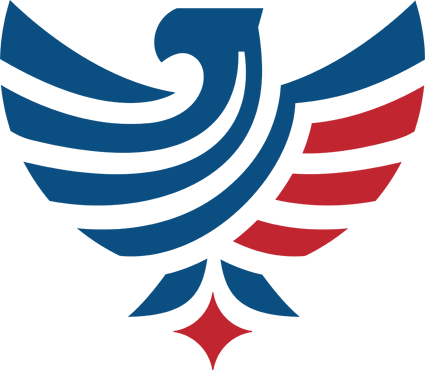The coronavirus has impacted every industry as the outbreak spreads around the world. The United States now has the highest death and infection rate in the world, and the impact of COVID-19 is only expected to broaden as the spread continues and a recession looms.
Just as traditional businesses have come to a standstill, nonprofits are struggling to adapt to shelter-in-place orders. Taking work remotely is a challenge that many companies have not yet adapted to; now, forced digitalization is leading to greater business disruptions and productivity set-backs that no one is sure how to combat.
Remote Work
The best thing organizations can do at this time is to extend sick policies and be as understanding as possible. Not everyone has the same access to a quiet workspace or equipment; a slower internet speed may slow turnaround times, but the team should all chip in and do what they can to help one another work around any obstacles they may face.
All nonprofits should take advantage of the tools and resources at their disposal, such as:
- Google Hangouts premium memberships free until July 1st.
- Microsoft Teams free for six months.
- GoToMeeting tools free for three months.
- Three free months of Dropbox Premium for nonprofits.
Finances May Need to Change
The CEO should call all necessary parties into a meeting and evaluate the budget. The organization’s bottom line must be considered, along with any cuts to staffing and the impending effects on the group as well as the individuals losing their jobs. A fundraising campaign may help the company improve its outlook and keep staff on-board amidst the virus, but it is not a permanent solution.
Financial forecasting is the best way to navigate the challenges and changes brought on by COVID-19.
Fight Against Racism
Misinformation has enforced xenophobic tendencies and lead to more instances of racism. Nonprofit organizations can use these anti-stigma resources to fight against the hostility and baseless accusations against Asian communities.
Fighting against discrimination is not an easy task, but the more accurate information spread, the less room there will be for ignorance and stereotypes.
The coronavirus is a major hurdle that nonprofits must navigate along with every other industry. Although it may pose significant challenges and even some losses, it is important to adapt and find ways to lead by example, promoting altruism and optimism in this difficult time.

